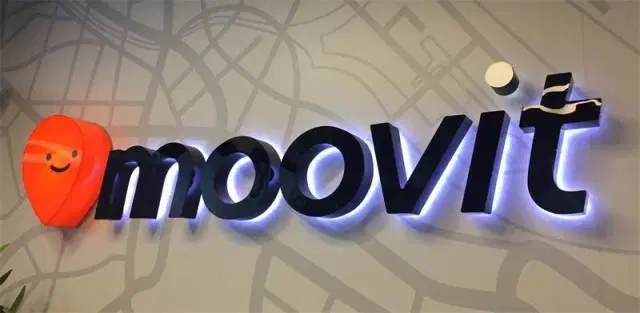Priyanka is back to work after the MMS Video incident
- 13-02-2022
- News

ntel Corp. (Nasadq: INTL) is set to acquire Israeli company Moovit for about $1 billion. The company has developed a public transport and mobility journey planner app. Intel Capital, the venture capital investment arm of Intel, is one of the shareholders in Moovit.
Amnon Shashua, the founder and CEO of Mobileye, which was acquired by Intel for $15.3 billion in 2017 (the largest ever acquisition in Israel), sits on the board of directors of Moovit.
The deal has not yet been finalized.
Intel declined to comment on the matter while Moovit has yet to respond to the report.
Moovit was founded in 2011 and has raised $134 million. Shareholders include Gemini, the Barkat brothers BMW, Vintage, Sequoia and Waze founder Uri Levin, who also serves as Moovit’s chairman.
In February 2018, after Intel Capital invested in Moovit’s $50 million financing round, cofounder and CEO Nir Erez said, “Moovit expects to surpass 1 billion users by 2021 and to expand significantly the number of cities that use Moovit’s data analytics to improve urban mobility. We are especially thrilled about our plans to collaborate with Mobileye. It’s a synergistic relationship at an exciting time to be shaping the future of urban mobility.”
Shashua said, “With significant investments in automated driving, mobility management platforms and smart infrastructure, Intel is at the forefront of a fundamental transformation of urban mobility. We’re working with some of the most innovative transit companies, municipalities and transit authorities to build critical foundational technologies for this transformation. Moovit is one of the world’s leaders in public transit data and analytics. The combination of Mobileye’s and Moovit’s technology and data will be instrumental in making cities ready for autonomous vehicles.”
This will be the second major acquisition in Israel by Intel in recent months after it purchased chipmaker Habana Labs for $2 billion at the end of 2019.